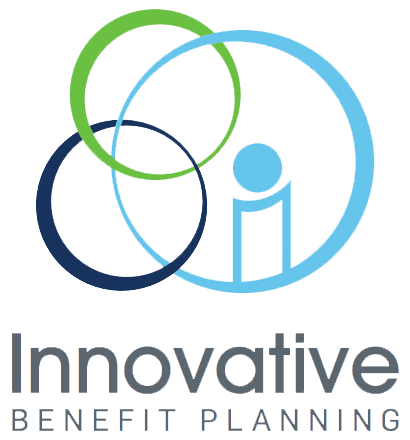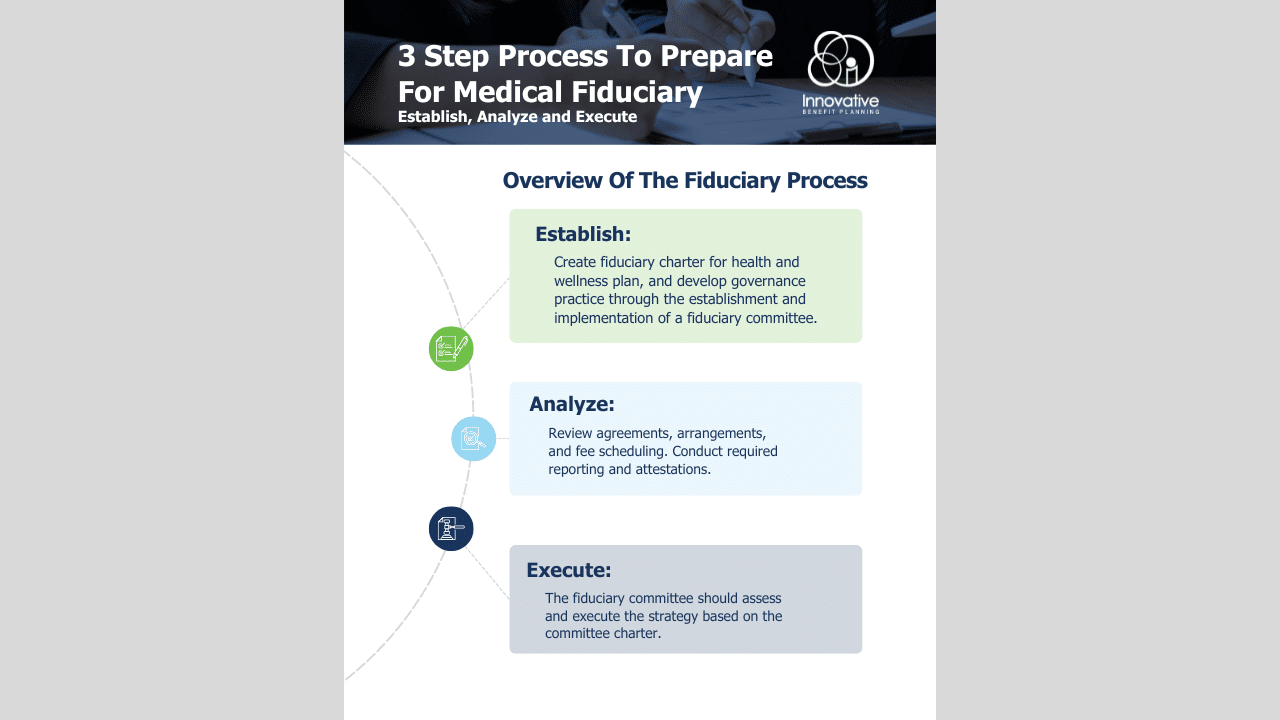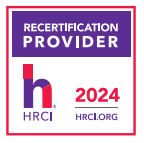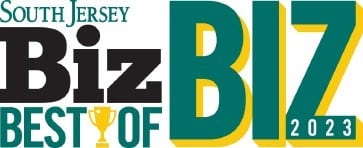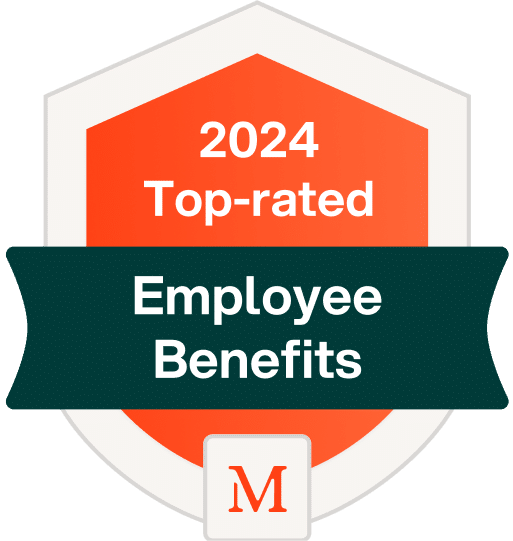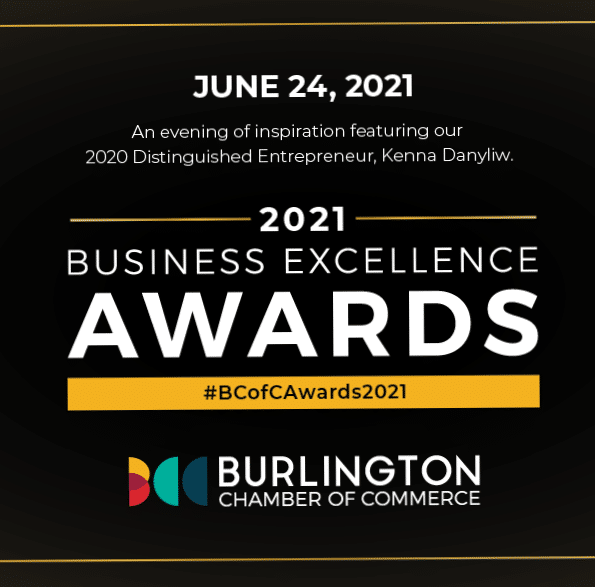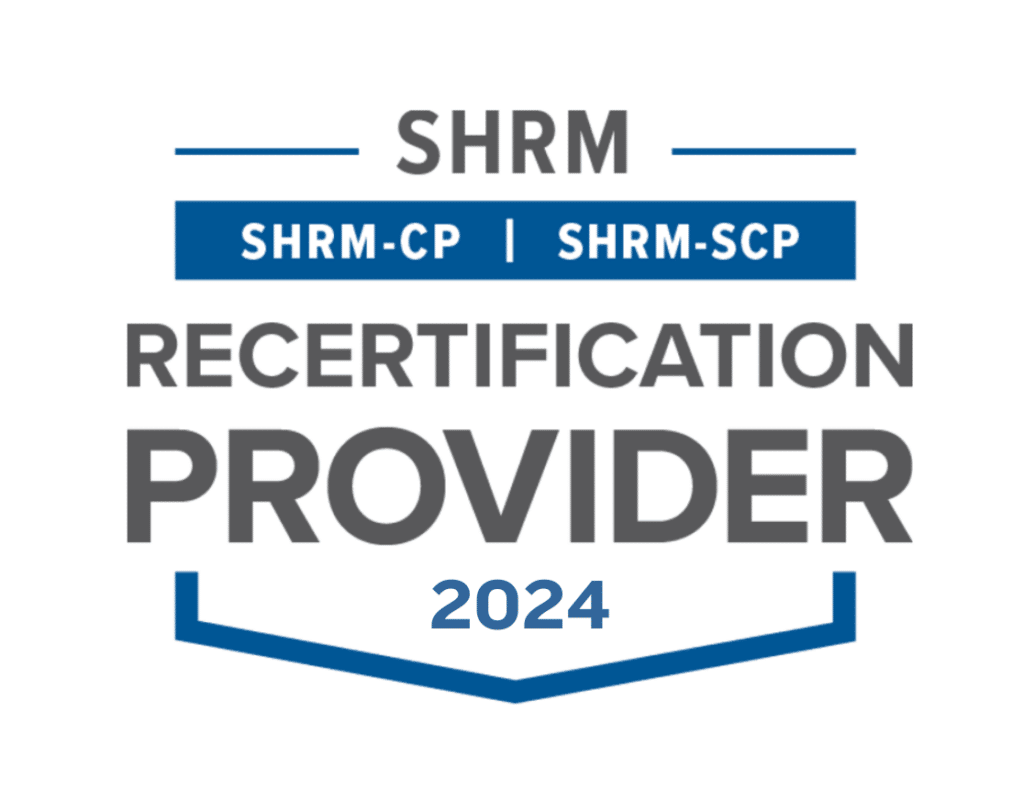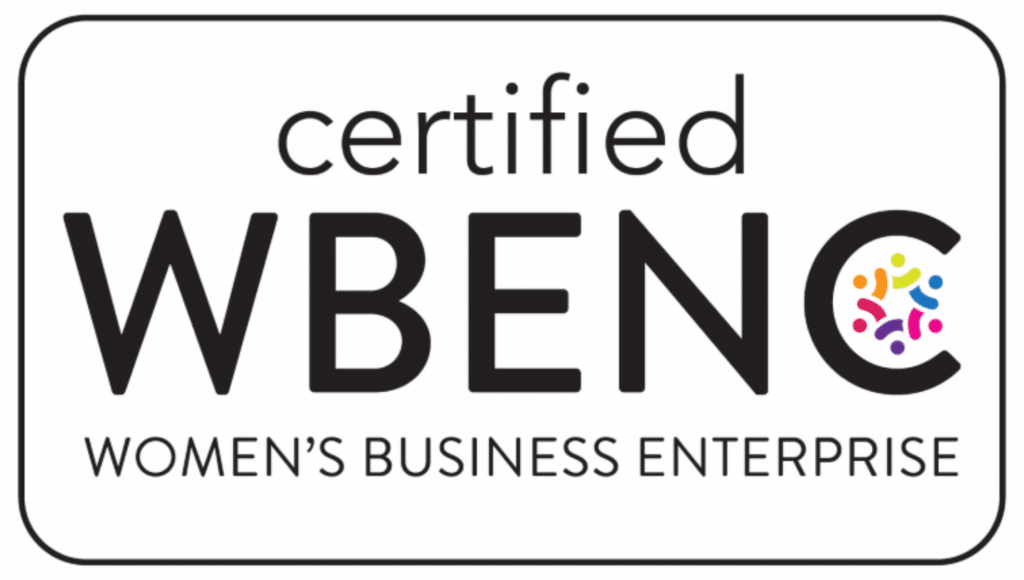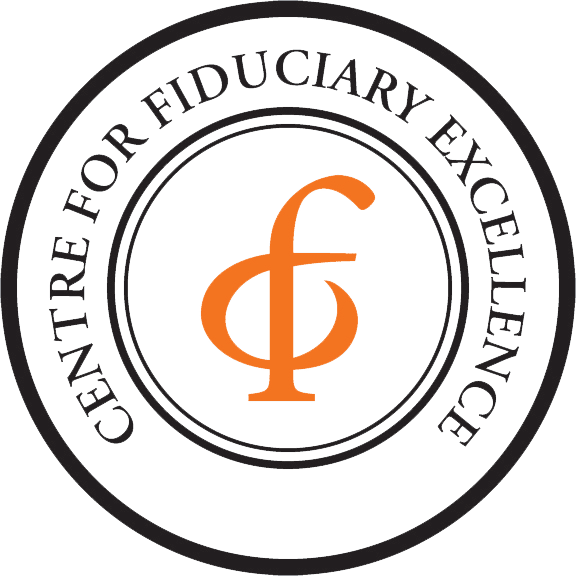As organizations become more age diverse, business leaders find themselves managing a multigenerational workforce. Five generations in the workplace can mean more opportunity for success or more challenges, depending on how an organization deals with the generational differences.
Each generation has grown up in very specific times in history and their outlook, beliefs and perspectives on what “work” means to them have been molded by the socioeconomic, political and cultural atmospheres in which they grew up.
The five generations include:
- Traditionalists/Silents: born before 1927 and 1946 (2% of the workforce)
- Baby Boomers: born between 1946 and 1964 (25% of the workforce)
- Generation X: born between 1965 and 1980 (33% of the workforce)
- Millennials/Generation Y: born between 1981 and 1995 (35% of the workforce)
- Generation Z: born 1996 to 2012 (5% of the workforce)
Each of the generations have different leadership, communication, and career development styles. Understanding what motivates them will allow HR to blend teams, improve employee and manager communication and create a culture of acceptance.
4 tips for managing a multigenerational workforce.
- Understand learning preferences
One thing that stands out between generations is their different approaches to learning. Traditionalists tend to prefer lecture-type training followed by practice. Baby Boomers are more inclined to prefer classroom learning with interaction, a stark difference from Generation X, who generally prefers independent self-directed learning with the use of technology. Millennials seem to take a piece from each generation, preferring training in collaborative learning environments with peer interaction and technology with the use of gamification. Generation Z also values collaboration and the use of technology in the workplace, going as far as to prefer learning via platforms like YouTube. Consider these differences and create variety in your approaches to training.
- Create a mentorship program
Organizations need to start considering multigenerational workplaces as an opportunity to change their training process through mentorship. By utilizing the different strengths in each generation and individuals as mentors, it can ease the transition for new hires. Not only does this expedite the training process, but it also builds the relationships needed for a company to operate smoothly.
- Remove Stereotypes
It is important to recognize generational differences, but do not rely on stereotypes or automatically categorize people based on their generation. As individuals in the workforce, everyone should have a chance to showcase their own values without the clouded judgements made about their generation. Consider whether your culture is inclusive and promotes an environment where people of all generations feel valued, can speak comfortably and share their best ideas.
- Give consistent and frequent feedback in a variety of ways
Traditionalists have generally held the sentiment that “no news is good news” when it comes to their work performance, however as current generations are exiting the workforce, one thing is clear: their desire for consistent feedback. Baby Boomers tend to prefer more structured feedback in formalized reviews at least annually. Generation X prefers immediate and authentic feedback, whether it is formal or informal. Millennials typically expect and desire constant feedback and kudos. This is similar to Generation Z, who has grown accustomed to constant kudos and criticisms, and also providing their own feedback to others. Organizing frequent and regular one-on-one meetings with employees is a great way to appease everyone. The utilization of platforms like Google Forms can also allow employees the opportunity to provide their own feedback, which could help you to retain employees.
Treat people as individuals, while understanding their generational influences. Attracting good talent and retaining them saves organizations a lot of time and money. Therefore, it’s important to create an inclusive and positive employee experience for everyone that works at your organization throughout all stages of their employee life cycle.
Innovative HR Consulting
The Innovative Human Resources team partners with organizations to provide solutions to the exceedingly challenging demands of today’s business environment. Our team develops a customized approach to suit your organization’s needs. We provide you with support and solutions for:
- Policy and employee handbook development
- HR Compliance, Audits and Assessments
- Compensation and rewards strategy
- Harassment, discrimination, diversity and inclusion training for managers and employees
- Navigating challenging HR and compliance issues
- HR department outsourcing
- Human capital and culture
To learn more, visit here.
